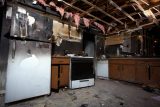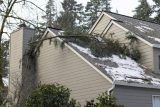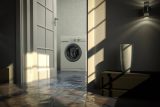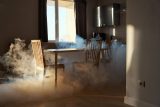How Fire Damage Can Affect Your Home’s Plumbing System
Homeowners
2 months ago
A house fire can be devastating, causing extensive damage to your home’s structure, electrical systems, and belongings. However, one area that often gets overlooked in the aftermath of a fire is the plumbing system.
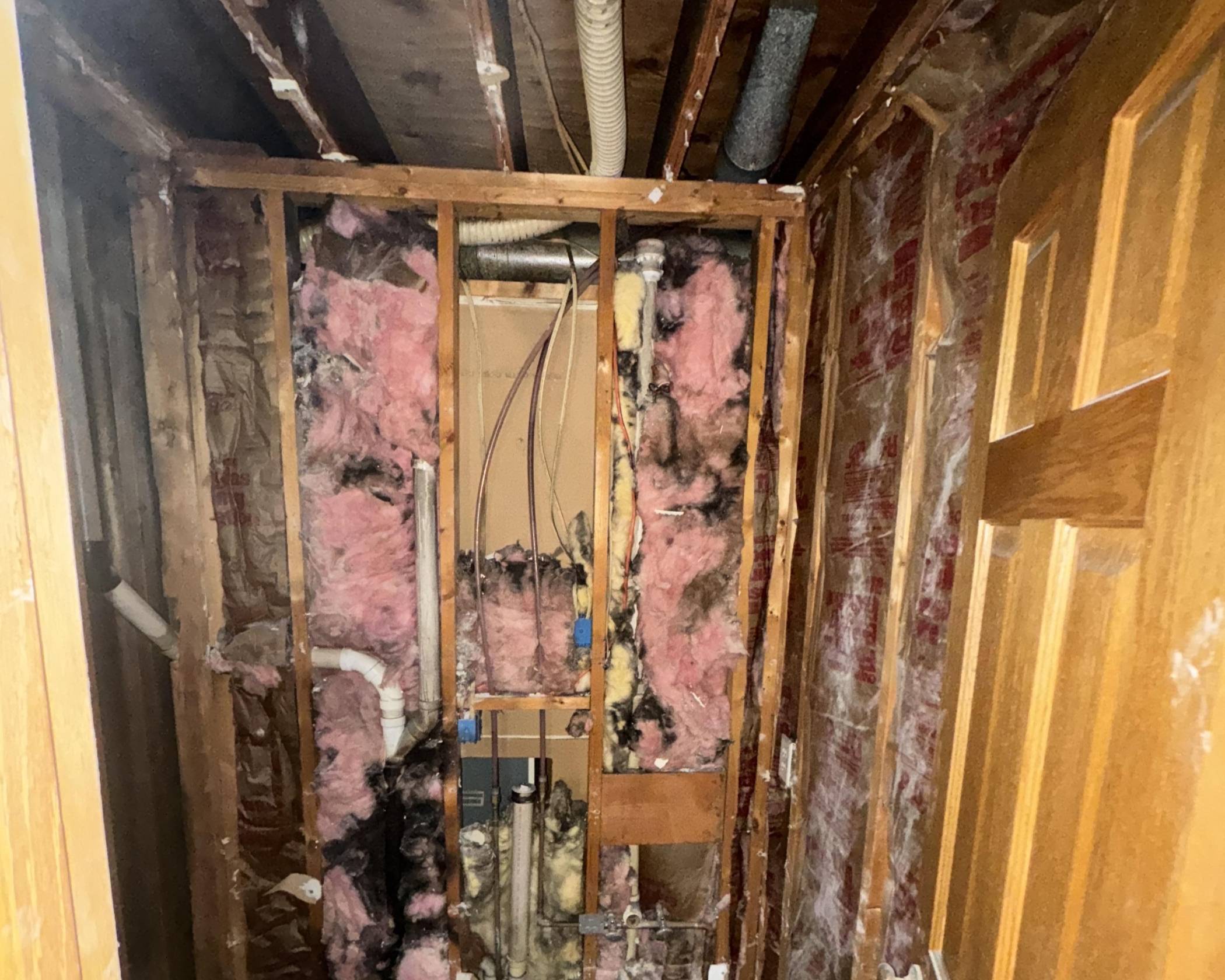
Even if the flames did not directly reach your pipes, the heat, smoke, and water used to extinguish the fire can all lead to serious plumbing issues. Here’s how fire damage can affect your home’s plumbing system and what you should do to address it.
Heat Damage To Pipes
Extreme heat from a fire can warp, weaken, or even melt plumbing pipes, especially those made of PVC or PEX. Metal pipes, such as copper or galvanized steel, may not melt, but they can still become compromised due to expansion and contraction from intense heat exposure. Damaged pipes can lead to leaks, water contamination, or complete failure of the system.
Smoke And Soot Contamination
Smoke and soot can infiltrate your plumbing system, particularly in homes with open plumbing vents. This contamination can lead to unpleasant odors in your water and even pose health risks. If soot enters your water supply, it can clog pipes and fixtures, affecting water flow and quality.
Structural Damage And Pipe Shifting
Fires can weaken walls, floors, and ceilings, causing structural shifts that can misalign or break pipes. Even a minor shift in a home’s foundation due to fire damage can cause hidden leaks that lead to costly water damage and mold growth over time.
Water Damage From Firefighting Efforts
While water is essential for extinguishing a fire, it can also contribute to significant plumbing problems. Excess water can overwhelm your drainage system, leading to backed-up pipes or flooding in lower levels of the home.
Additionally, standing water can accelerate corrosion in metal pipes, leading to premature failures.
Sewer Line Complications
If a fire damages underground sewer lines, blockages or leaks may occur. This can lead to sewage backups, foul odors, and potential contamination. Debris resulting from the fire can also clog pipes and sewer lines.
Inspecting and repairing any compromised sewer lines promptly is crucial to avoid further health and structural issues. It’s crucial to inspect and repair any compromised sewer lines promptly to avoid further health and structural issues.
If the pipes aren’t inspected and repaired prior to a rebuild, you may experience drain backups once the plumbing system is reconnected.
What to Do After A Fire
If your home has been affected by a fire, it’s important to take these steps to assess and restore your plumbing system:
- Schedule a Professional Inspection: A licensed plumber can evaluate your system for hidden damage and recommend necessary repairs.
- Test Water Quality: Have your water tested to ensure it is free from soot, smoke, or other contaminants.
- Check for Leaks and Pressure Issues: Monitor your plumbing for any signs of leaks, drops in water pressure, or unusual noises.
- Replace Damaged Pipes: Any pipes showing signs of warping, cracking, or contamination should be replaced promptly.
Trust Lake City Restoration For Expert Fire Damage Recovery
Recovering from a fire is overwhelming, but you don’t have to face it alone. At Lake City Restoration, we specialize in fire damage restoration, including assessing and repairing plumbing issues caused by heat, smoke, and water. Our team is here to help restore your home safely and efficiently.
If you suspect fire damage has compromised your plumbing system, contact us today for a thorough inspection and expert restoration services.

